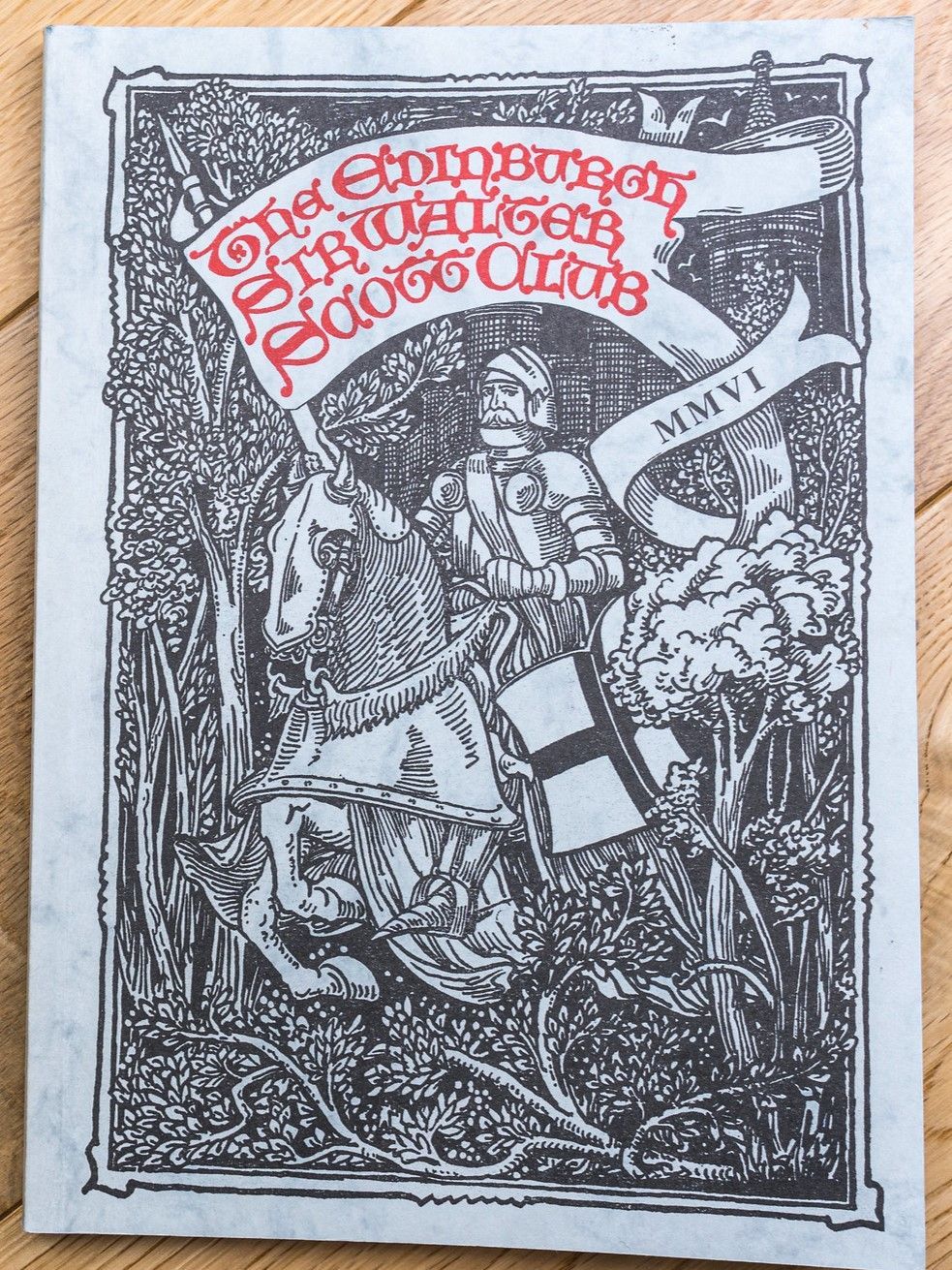You Can’t Go Home Again
Thursday 9th February 2006
Summary of the Talk:
Caroline's talk explores the idea of "home" within the context of Scottish identity, particularly in the post-Union era and the opening of the Scottish Parliament. McCracken-Flesher argues that the desire to "come home" or "return" is an ongoing theme in Scottish culture, seen in songs and political discourse, but it is fraught with contradictions.
Key points of the text:
- Desire for Home: The notion of returning home is central to many Scottish songs, both from emigrants and those still in Scotland. This desire isn't just sentimental but deeply tied to the idea of reclaiming Scotland as a place where Scots can belong.
- Home and Identity: McCracken-Flesher delves into the complex relationship between "home" and identity. Home, in Scottish culture, is often seen as a place of return but also one of contestation. The "home" of Scotland, whether in a political sense (the Parliament) or a cultural sense, is ever-changing and uncertain.
- Walter Scott's Influence: McCracken-Flesher uses Walter Scott’s works to highlight the problematic nature of returning home. Scott’s novels, such as The Bride of Lammermoor, The Pirate, and Saint Ronan’s Well, show that home is not static and cannot be returned to in the same form. It may stifle personal growth, and any attempt to return often leads to a distorted or problematic version of home.
- The Scottish Parliament: The opening of the Scottish Parliament in 1999 was seen as a return to Scottish sovereignty, but McCracken-Flesher suggests that the physical space of the Parliament building is less of a home and more of a contested space. The ongoing debates about its costs and function reflect a broader unease about what Scotland is and who it belongs to.
- Global Identity and the Internet: The concept of home is also examined through the lens of globalization and the internet. McCracken-Flesher notes that the internet, with its global reach, complicates traditional notions of Scottishness. While the internet allows for a virtual “home,” it also brings new challenges regarding identity and belonging.
Interesting points:
- Scott's View of Home: Walter Scott’s exploration of home as a space that can both nurture and stifle is intriguing. In novels like The Bride of Lammermoor, Scott questions the desirability of returning to one's roots, suggesting that doing so may prevent growth and limit the self.
- The Scottish Parliament as "Home": The Scottish Parliament's new building, while symbolically significant, is presented as a space of discomfort and contention. McCracken-Flesher suggests that Scotland’s identity might thrive not by returning to an idealized "home" but by embracing the challenges and differences within its political and cultural spaces.
- Global Scots and the Internet: The rise of global Scots and the virtual presence of Scotland via the internet presents a fascinating twist on the idea of home. The internet allows for a more fluid and dynamic sense of identity, where Scotland is no longer a fixed place but a space that exists in constant exchange.
In conclusion, McCracken-Flesher's work suggests that Scotland's search for "home" is not about a literal return to the past but about navigating the complex, ever-evolving notions of identity, place, and belonging in a globalized world. The idea of home, in the Scottish context, is always elusive and shifting, leaving Scots to continually negotiate their connection to it.
Download the [Transcript]

Download the [Transcript]


